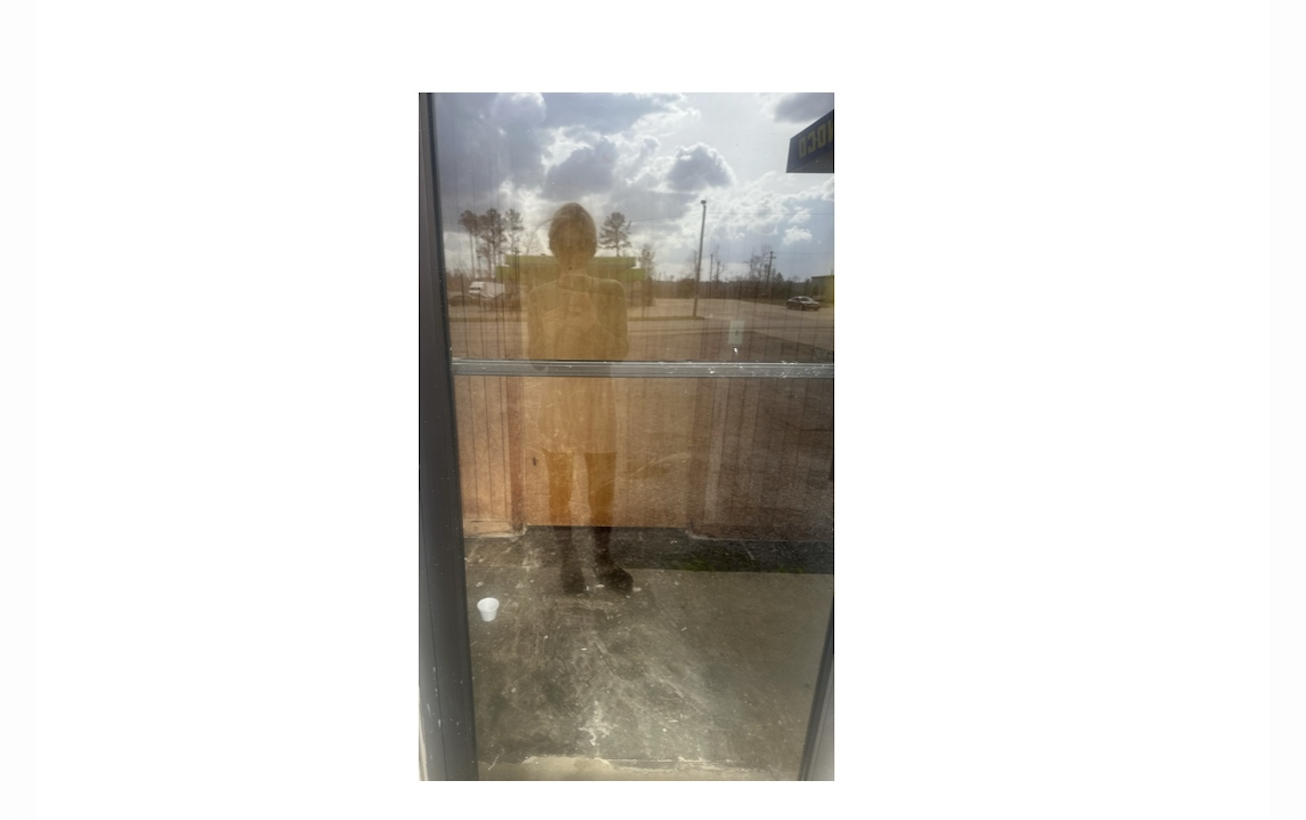Five hours on the road yesterday.
Five hours to listen to music and think about the intersection of poetry, portraiture, and what language creates or dis-establishes.
Five hours to miss the feeling of my eyes running down a page rather than a roadway.
Five hours, of course, ruptured by my intransigence, when the urge to read made me pull over for 20 minutes somewhere in a town with no stoplight in Mississippi, where I returned to Platonov’s Soul and wandered through John Berger’s beautiful afterwords, written in October 2004—-and yet present, somehow.
Meditating on a passage from one of Platonov’s short stories, a passage about leavetaking, as P’s couples are perpetually taking leave of one another, and to love Platonov is to know this leavetaking intimately, to study how leavetaking becomes leavemaking in his syntax, Berger writes:
Here the future's unique gift is desire. The future induces the spurt of desire towards itself. The young are more flagrantly young than on the other side of the wall. The gift appears as a gift of nature in all its urgency and supreme assurance. Religious and community laws still apply. Indeed, amongst the chaos, which is more apparent than real, these laws become real. Yet the silent desire for procreation is incontestable and overwhelming. It is the same desire that will forage for food for the children and then seek, sooner or later, (best sooner), the consolation of fucking again. This is the future's gift.
And then, while taking notes, I flipped back through my notebook and kicked myself softly for one again failing to properly attribute what I copied, a bad habit that frequently makes it difficult to discern whether I thought a thing after reading a thing or whether the thing I read was copied verbatim, an experience much like the act of writing, itself, in dialogue with other writers, both ghostly and living, to which I add this particular fragment in case someone recognizes it:
GUIDO: Love is commentary: it creates its subject. Love puts a name to a face, and then sets about ‘knowing’ it. Knowing is conquering.
